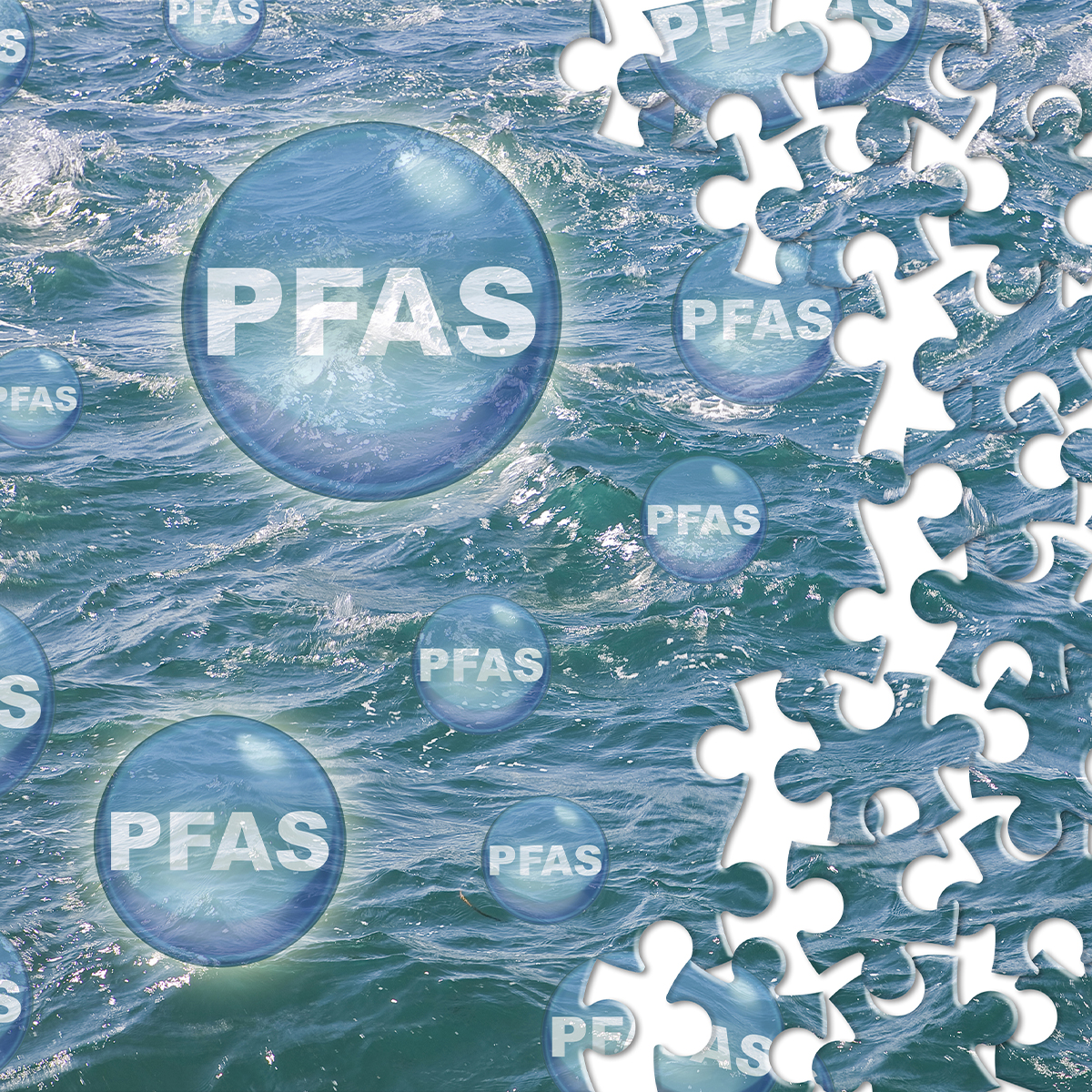-
Property & Casualty
Property & Casualty Overview

Property & Casualty
We offer a full range of reinsurance products and the expertise of our talented reinsurance team.
Expertise
Publication
Structured Settlements – What They Are and Why They Matter
Publication
PFAS Awareness and Concern Continues to Grow. Will the Litigation it Generates Do Likewise?
Publication
“Weather” or Not to Use a Forensic Meteorologist in the Claims Process – It’s Not as Expensive as You Think
Publication
Cyber Risks – Deepfake Exposures
Publication
Georgia and Louisiana Pass Sweeping Tort Reform Legislation. What Does It Aim to Do and What Are the Implications for Insurers?
Publication
That’s a Robotaxi in Your Rear-View Mirror – What Does This Mean for Insurers? -
Life & Health
Life & Health Overview

Life & Health
We offer a full range of reinsurance products and the expertise of our talented reinsurance team.

Publication
Highlights from the Group Term Life and AD&D Market Survey – Growth and Stability
Publication
Favorite Findings – Behavioral Economics and Insurance
Publication
Understanding Physician Contracts When Underwriting Disability Insurance
Publication
Voice Analytics – Insurance Industry Applications [Webinar] U.S. Industry Events
U.S. Industry Events
Publication
The Mass Phenomenon of Esports – A Look Behind the Screen -
Knowledge Center
Knowledge Center Overview

Knowledge Center
Our global experts share their insights on insurance industry topics.
Trending Topics -
About Us
About Us OverviewCorporate Information

Meet Gen Re
Gen Re delivers reinsurance solutions to the Life & Health and Property & Casualty insurance industries.
- Careers Careers
Avoiding Fraud - Agent Identity Theft

October 28, 2015
Keith Brown
Region: U.S.
English
Some states' Department of Insurance websites were hacked in recent years and agent information was altered for agents who had not actively written new business for an extended period of time. Identity theft continues to be a growing problem in many industries, but the life insurance underwriter is continually challenged to uncover this type of scenario.
In one such scheme, the imposter obtains personal identifying information of agents who appear to be relatively inactive for several years. Contact information, such as address and telephone information, is then changed on the agent database. At that point the identity thief either applies for appointment with a new carrier using the identifying information of the inactive licensed agent and false contact information, or contacts a carrier for which the inactive agent is currently appointed and then changes contact information and EFT information for commission deposits.
Next, the imposter begins to submit life insurance applications for individuals whose identities are stolen or who will accept money to have their identities used. On the application, the name, date of birth and Social Security number are legitimate but the remainder of the application information will be bogus and include false information on exams, etc. from substitute-insureds. The applicants are approved by the underwriter, the policy is issued and the initial premium payment is received. The imposter agent is paid commissions via EFT within a day or two after receipt. Shortly thereafter, the initial premium is returned as account closed, not found or insufficient funds. Although a chargeback action may be initiated against the agent for the commissions paid, the likelihood of recovery is very slim. Subsequent investigation also becomes lengthy as the agent whose identity was stolen enters the interview and investigation process.
How can companies combat agent identity theft? First of all, wait until you receive confirmation that a check has cleared before paying commissions. This is a simple defense, but many companies don’t utilize it. Also, if a producer hasn’t written any business with your company in recent years and suddenly starts doing so, direct a company marketing or agency contact to make a personal visit to the producer to get reacquainted and update commission schedules, etc.
Other red flags indicating possible agent identity theft include:
- Newly-appointed agents whose first applications involve large target premium amounts
- The proposed insured’s occupation listed as “owner” or “self-employed”
- Residence address, business address, telephone numbers and financial information not matching database checks, credit reports or Internet searches
- Zillow searches showing a residence or business with another name or vacant lot
- Agent contact information not matching other third-party database searches, such as credit reports or Whitepages
- An agent who is difficult to reach by phone or unresponsive
- Withdrawal of the case if verification of application information is requested
Back to the topic of a state's DOI website - companies are encouraged to establish a person or team to review state sites monthly for fraud/criminal activity information. Companies should consider establishing a database for the states in which the company is licensed and check the DOI sites monthly. All producers cited for disciplinary action should be cross-checked against the company’s licensed producer list, to help in deciding how best to handle business from such producers. The same should be done for producers who want to become newly licensed with a company.
Companies should be cautious to understand and avoid situations of producer fronting or "Ghost Writing." This happens when a producer’s license is revoked but he or she finds a way to continue to earn revenue for insurance sales by utilizing another producer, or by having a spouse, adult child or business associate become licensed to sell insurance products. In those instances, the person whose license was suspended continues to solicit clients for insurance sales and indirectly receives compensation for such, but he or she hands clients off to a licensed producer to complete the application process and interact with the insurance company.




